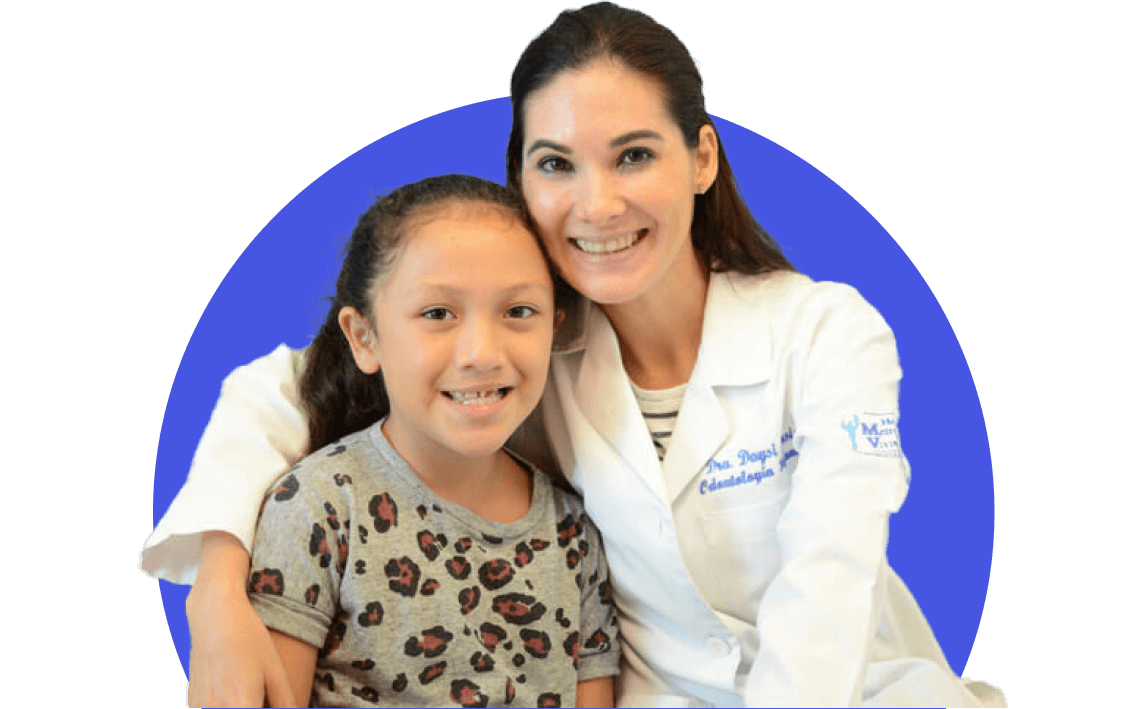Can you see cleft lip in an ultrasound?
Cleft lip usually occurs around the fifth week of pregnancy, before many women even know they are pregnant. A cleft palate usually develops around the ninth week of pregnancy. Your doctor may use ultrasound (also called a sonogram) to determine if your unborn baby has a cleft. In the best conditions, ultrasound can return pictures of cleft lip as early as the 20th week of pregnancy. Sometimes, ultrasound can also help parents and doctors see clefts of the alveolar ridge. It is more difficult to get clear pictures of baby’s palate. Doctors miss more cleft palates on ultrasound than they find. As technology improves identifying clefts of the palate will become more common. Larger hospitals and university medical centers are good resources for the most advanced ultrasound technology and prenatal diagnosis expertise.
What does prenatal diagnosis of a cleft mean for my baby?
Once a prenatal diagnosis of a cleft is made, your doctor will determine if the cleft is your baby’s only expected birth difference. In this case, the cleft would be called an isolated or non-syndromic cleft. If your doctor notes additional areas of development that may be affected, the cleft is called a syndromic cleft, meaning it is part of a syndrome. Most clefts of the lip and palate are isolated. Your doctor will need to gather more information to determine whether a cleft is syndromic or non-syndromic, including:
- Family history of cleft
- Maternal health issues
- Associated abnormalities
- Chromosomal abnormalities
What is a Cleft Palate Treatment Team?
The best care for a child with a cleft or other craniofacial birth difference happens when a family works with a cleft palate or craniofacial treatment team. Team care begins when the prenatal diagnosis is made and is vital through the first days learning to feed a baby with a cleft. Most cleft teams include professionals from the following fields:
- Dentistry (Oral-maxillofacial surgery, orthodontics, pediatric dentistry, prosthodontics)
- Medicine (Genetics, nursing, otolaryngology (ENT–ear, nose and throat), pediatrics, plastic surgery, neurosurgery, pulmonology)
- Allied Health Care Professionals (Psychiatry, psychology, social work, nursing, audiology, speech-language pathology)
You can search for an ACPA Approved Cleft Team in your area or ask your local physician or other healthcare provider. You can also view this list of Recommended Questions for the Team.



